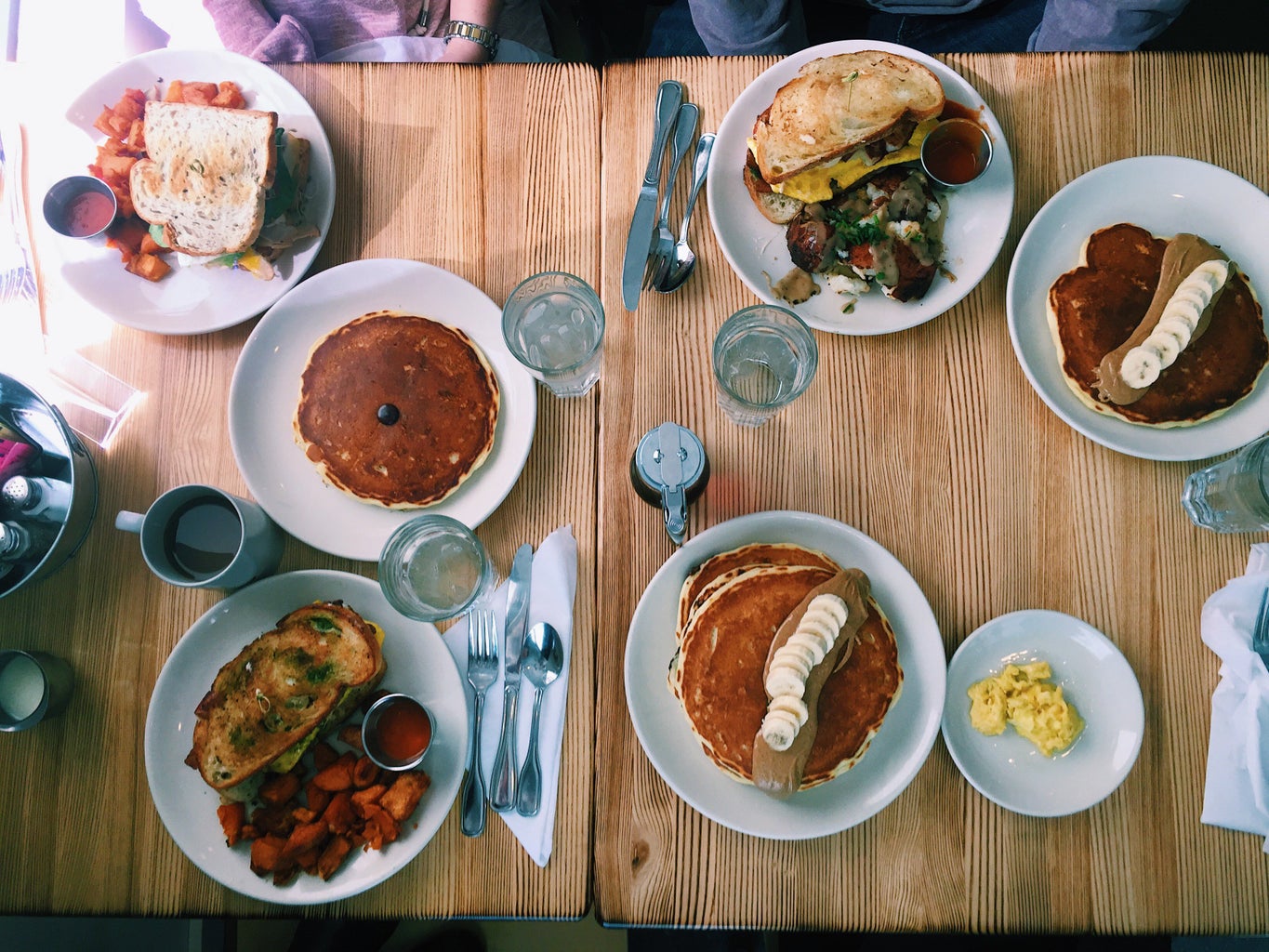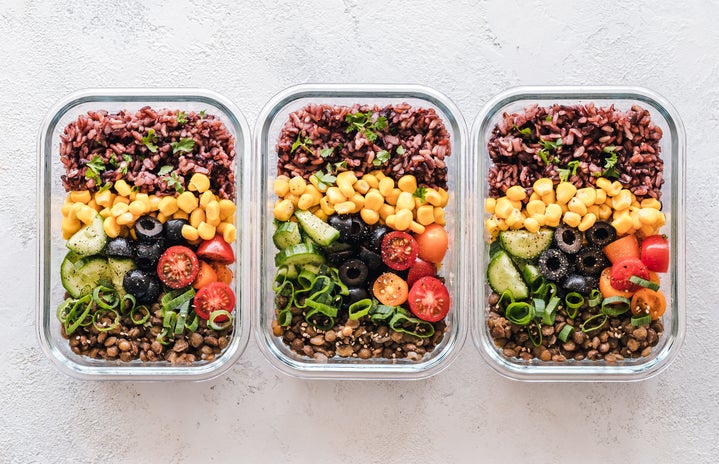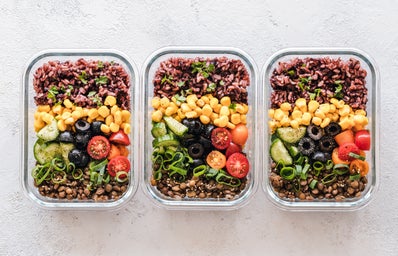College is hectic. Between balancing a full schedule of classes, a social life, and work, it can feel challenging to make time to prioritize your health and wellness on top of it all. Many of us, myself included, turn to social media for advice and ideas on how to easily stay fit and eat well, but oftentimes find that our college lifestyle does not align with the ideals pushed on us by health and fitness accounts.
WHAT IS CLEAN EATING?
“Clean eating” is a concept that is currently dominating social media platforms: there are currently 47.4 million uses of the hashtag “#cleaneating” on Instagram, and it has 1.2 billion views on TikTok. “Clean eating” was a term originally coined in 2006 by Tosca Reno, a self-proclaimed “weight loss and wellness expert,” who initially launched it as a form of dieting. Nowadays, it refers to less of a diet and more of a restrictive lifestyle, one that is particularly hard for most college students who lack the resources to carry it out correctly.
DEFINING THE PROBLEM
Clean eating seems to have different meanings depending on who is defining it but generally refers to a more natural style of nutrition centered on the consumption of less processed foods and more whole foods. At first glance, this seems like a step in the right direction — people should become more conscious of what they’re putting into their bodies and understand the repercussions of regularly consuming chemical additives and preservatives.
This is where the problem starts: yes, it is a good thing, but only for those who can afford it, and a majority of people, especially college students, cannot. A Harvard School of Public Health study revealed that “the healthiest diets cost about $1.50 more per day than the least healthy diets.” When we multiply this amount by the number of days in a year, we get a total of just under $550 extra per year, which is money that is not feasible for most college students to spend on a specialty diet. Even students on a meal plan can’t always afford to set aside time to figure out what to eat at the campus dining halls and cafés.
The labeling of clean eating as the best type of eating often makes people feel bad if they are unable to live up to the idealization of the lifestyles shown on social media. Most people our age do not have the money, time, or opportunity to purchase and prepare such fresh foods on a regular basis. It might be upsetting to think that you are making the “wrong” decision for yourself because of circumstances beyond your control.

NAVIGATING THE TREND
Even if many of us are unable to fully attain the “clean eating” lifestyle, there are methods for us as college students to feel better about the food we eat and the nutrition behind our food choices!
MAKE YOUR OWN DEFINITION OF CLEAN EATING
My first suggestion is to define clean eating for yourself — instead of completely eliminating processed foods, try to minimize them, but don’t completely restrict yourself. When you have the choice to make an alternative, do so, but don’t feel obligated to eliminate all processed foods. Any move in the right direction is good!
FOCUS ON EATING MORE WHOLE FOODS
Whole foods are foods that are natural, unprocessed, or fresh (not frozen). They are high in nutrients such as fiber, minerals, and vitamins, and they fill you up faster than processed foods. I find it helpful to increase your intake of fruits and vegetables, proteins, whole grains (brown rice, oats, whole-wheat bread, etc.), and healthy fats (avocado, nuts, eggs, etc.).
STOCK UP ON HEALTHY SNACKS
Picking out a snack is one of those times when it’s easy to grab something quick over something healthy. I like to keep my apartment pantry stocked with healthy snack options, and I even try to put one in my backpack before I leave for the day so that I don’t have to grab something on the go!
REMEMBER THAT “CHEAT” MEALS AND DAYS ARE OKAY
Clean eating does not have to mean giving up all of your favorite foods! Moderation is crucial to healthy eating, so remember that treating yourself is perfectly fine and will not derail your progress or the formation of healthy habits. This is something I’ve had to remind myself of, but it has completely transformed my thought process when it comes to trying to eat healthier.
Learning how to take care of yourself at college can be challenging, but it is not impossible. For me, forming healthy habits has been beneficial for my mind and body, and it is always possible to find flexibility in it — cater everything to your body and what you need to take care of yourself on your own terms.


